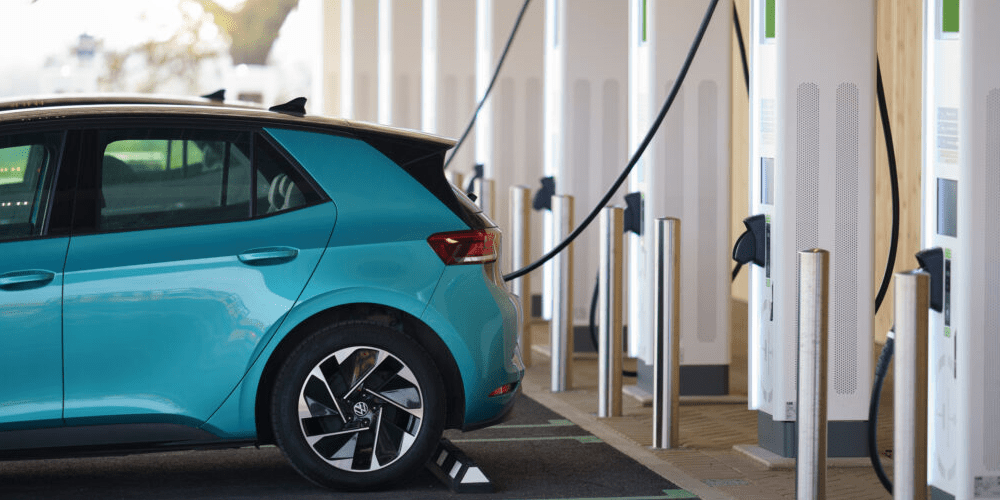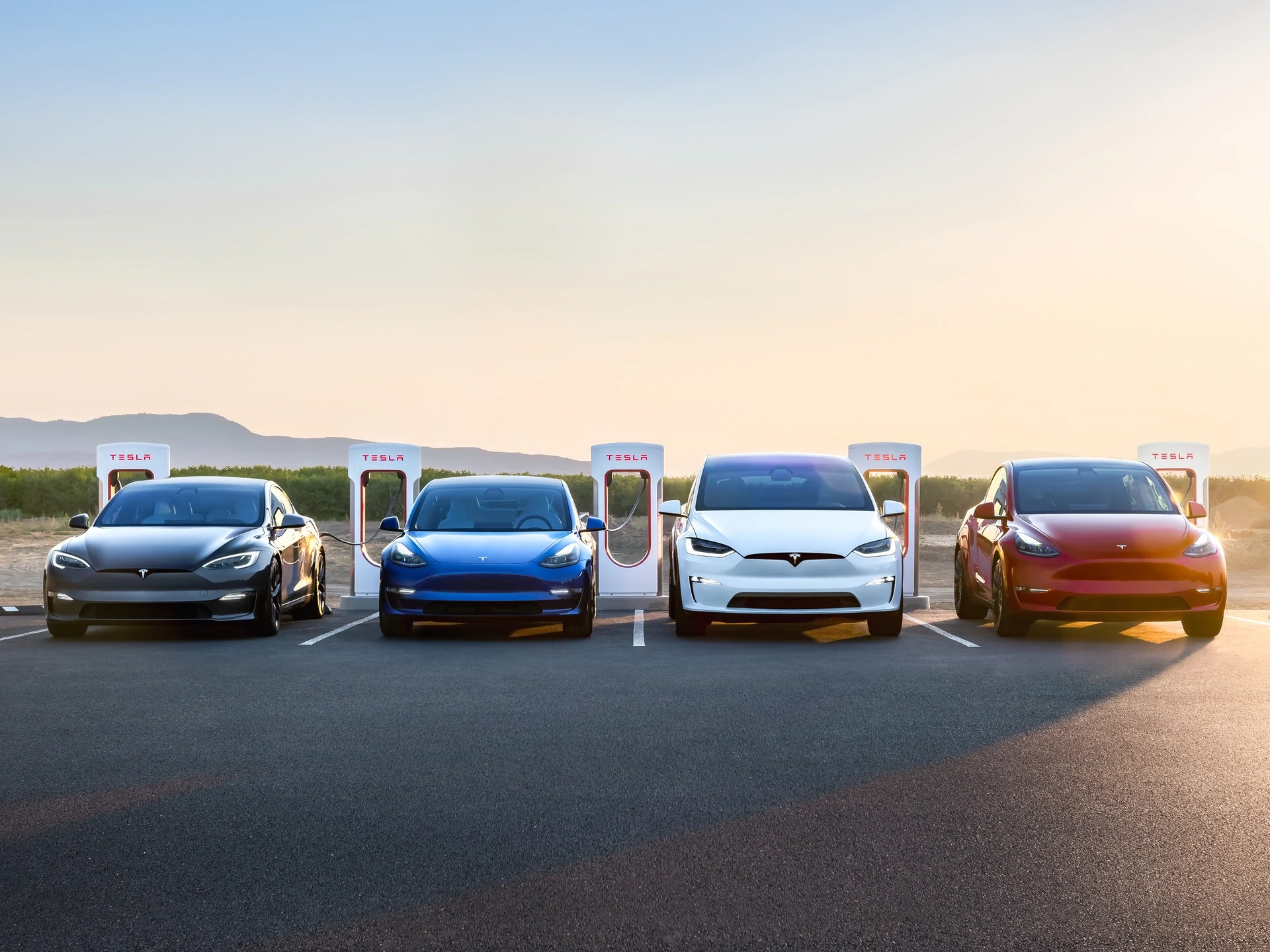Germany has officially surpassed one million electrically-powered passenger cars on the road, according to the Federal Motor Transport Authority (KBA). The official figures released by the KBA state that as of 1 January 2023, there were 1,013,009 electric cars registered in Germany, representing a 63.8% increase compared to the previous year.
Although the one million mark was not a surprise, the fact that it was reached at the turn of the year is an important milestone for the country’s transition to electric mobility. EVs now account for around two per cent of the total stock of approximately 48.8 million passenger cars in Germany.
As of 1 October 2022, the KBA had counted 840,645 electric cars in Germany. If one includes the monthly BEV registrations for October, November, and December, the total would have been 1,038,731 electric cars. This suggests that unless more than 38,731 EVs were deregistered in the final quarter, which was unlikely, the million mark would have been reached.
See also: China’s new energy vehicles (NEVs) ownership has surpassed the 10 million milestone
However, according to the KBA’s latest figures, 25,722 electric cars were deregistered in Q4 2022, either due to accidents, temporary decommissioning, or sale abroad. This suggests that there were still a significant number of electric cars on the road by the end of the year.
At the beginning of 2022, there were 618,460 electric cars registered in Germany, representing a 100% increase compared to the beginning of 2021, when only 309,083 electric cars were registered. This highlights the rapid growth of electric mobility in Germany and its potential to continue its upward trajectory in the coming years.







